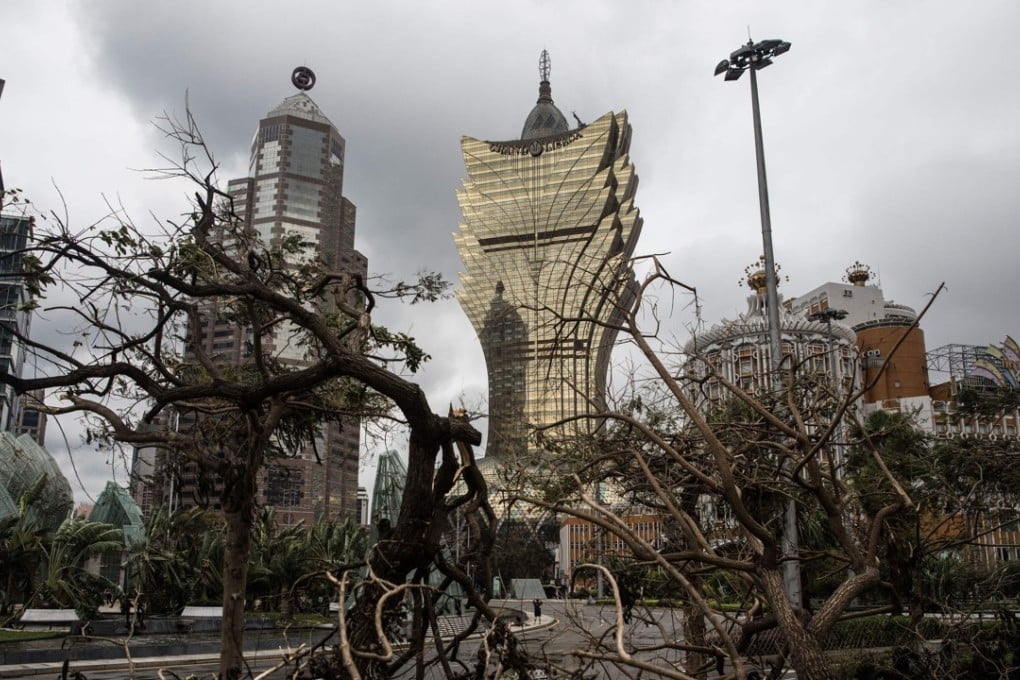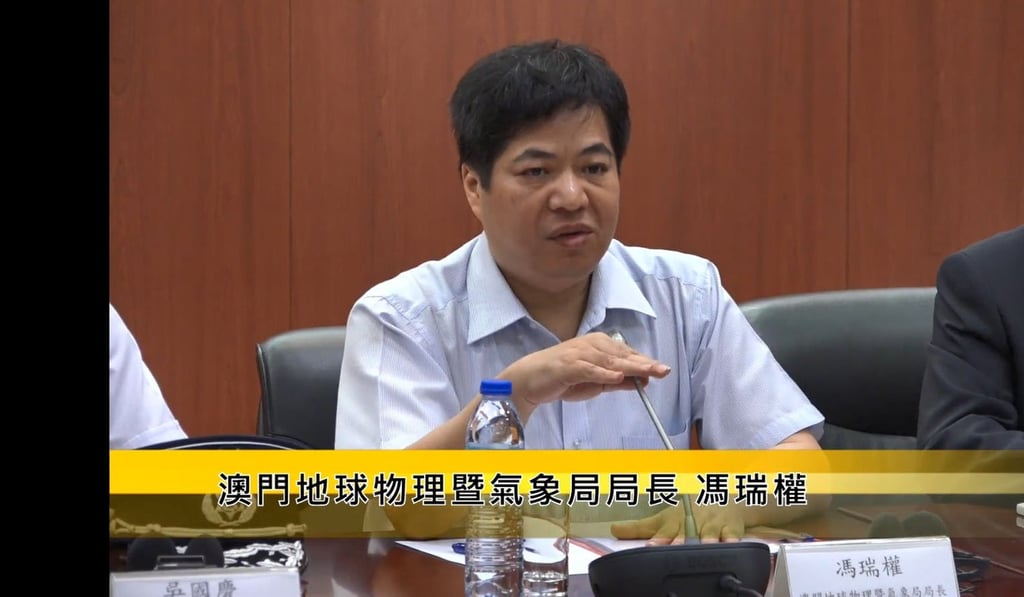Former Macau weather chief made decisions on storm warnings from comfort of home, post-Typhoon Hato probe reveals
Former observatory head Fong Soi-kun, who resigned amid complaints over handling of deadly storm, directed staff over phone and internet during holidays and non-office hours

Macau’s meteorological bureau had been relying on the personal judgment and decisions by its recently resigned chief for storm forecasts and warning signals, an investigation concluded after the deadly super typhoon Hato wreaked havoc in the city in August.
The investigation report released by the anti-graft body on Thursday said such practices were hugely different from those of the bureau’s counterparts in the region.
The agency said in a separate press release: “Even the personnel of the bureau were not clear about the criteria for the issuance of typhoon warning signals. As there were many problems in the bureau in terms of personnel and equipment management, [the agency] believes that the leaders of the bureau should bear major and unshirkable responsibility.”
The investigators found that the bureau did not establish a mechanism for discussions and meetings on typhoon forecasting issues, contradicting what Fong had told the city’s legislature. He had said that the bureau’s leadership, the relevant chiefs and meteorological technicians would have meetings whenever a typhoon signal was to be raised.

“Instead, it simply relied on the personal judgments and decision-making by the former director. The forecasters had no idea whether and when a warning signal was to be raised before the instructions were received from the director,” the press release said.